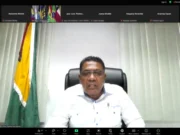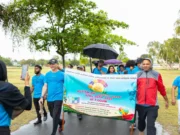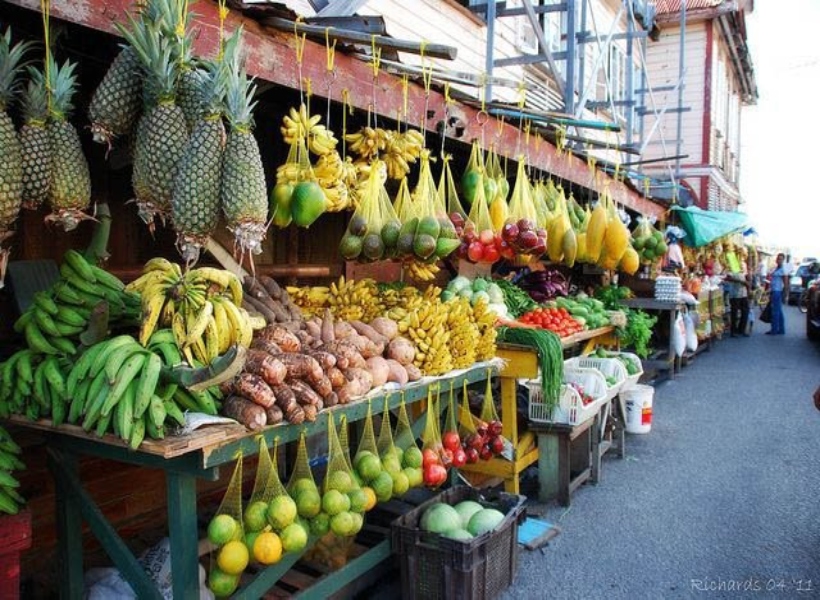Although the region is still lagging behind in human development and food insecurity remains as an issue, Minister Todd highlighted that the region can look at the value of its food production.

This, he added, requires a lot of work at the policy and regional levels to ensure that they can fill those gaps.
He made the remarks at the launch of the United Nations Food and Agriculture Organisation (FAO) 38th regional conference for Latin America and the Caribbean at the Arthur Chung Conference Centre, on Wednesday.
This will provide a symmetry and level of focus that will allow the region to have the priorities that are necessary from a regional perspective.
“…But to do that, we have to do that using these mechanisms, these forums, these types of activities, where we bring in policymakers, institutions, private sector individuals together so that we can be on the same page…The time is now. We have to take the opportunities available to us and we have to make sure that we can bring real benefits to the people of Latin America and the Caribbean…,” Minister Todd further emphasised.
Agriculture, he added, has always been the driver of the economies in Latin America and the Caribbean.
The foreign affairs minister noted, “we are just expanding. And we have countries within the region that are well advanced. Of course, we have countries that are not so advanced, but if we bring everyone together, we can have a food system agenda that would be able to not only be a world-class agricultural production region, but at the same time, it is about ensuring that there is no hunger…”
“If you look at the statistics, you will recognise that with 660 million people, we have to feed our people. If you look at the global stats, we account for about 14.5 per cent of the global output of agriculture. That is quite significant. Naturally, that creates employment, which is just above 40 per cent on average, throughout Latin America and the Caribbean,” he added.
CARICOM has been working collectively to scale up production while implementing a model that works for every country.
Meanwhile, Guyana has made significant progress over the last three years in bringing all of the CARICOM member states together and pooling their resources to effectively bolster the agricultural and food systems agenda.

In order to have the best agricultural food system in the region, Minister Todd highlighted that Latin America, the Caribbean and other organisations must further cooperate to align their goals and enhance the value chain system.
By doing so, the region will be able to reduce expenses, boost productivity, and discover new avenues for cooperation.
Given that large corporations have dominated the global agricultural market and formed multinational corporations, Minister Todd noted that it is critical to comprehend the region’s position in this sector.
Guyana, however, is not deficient in any regard since it has a comparative advantage and can scale up production to become competitive and a global exporter.
As such, the agriculture sector has always been a revenue earner and Guyana continues to concentrate on various measures to have a robust agricultural food system locally and regionally.
Given that the food systems in Latin America and the Caribbean are similar, Minister Todd explained that Guyana is not here to distort the production cycle since the nation has been providing complementary means to improve its trade.
The foreign affairs minister stressed, “Our trade portfolio…as it is right now, is about 70 per cent of the agricultural produce here, in Latin America and the Caribbean, flow intra-regionally. A lot of it is being exported. If we look at the global stats, we are still a net importer. So, we are doing quite well. But we still need to scale up.” (Extracted from the Department of Public Information)











